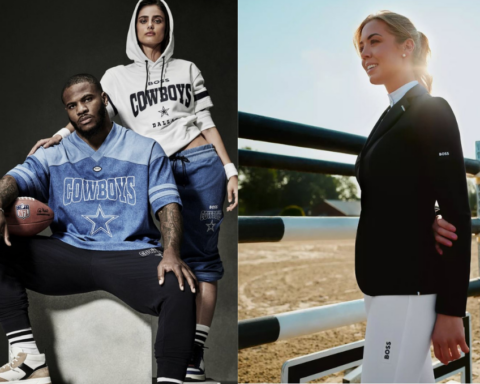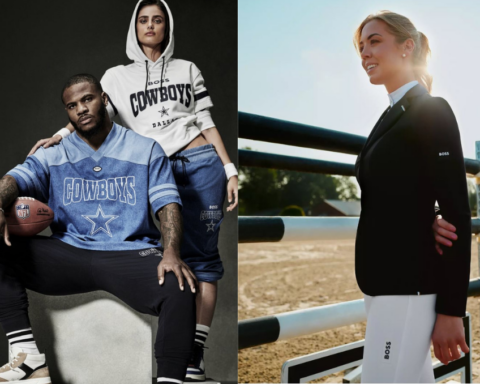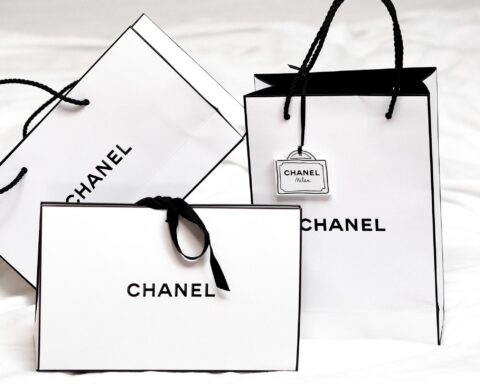Faced with Covid, the Chinese population has become aware of the importance of practicing sports in the open air. 55% of HNWI now consider health to be their primary concern.
Sport has always played an important role in Chinese life. Traditional Chinese medicine recommends sport for optimal circulation of Qi energy in the body. In Beijing’s Jingshan Park, it’s therefore natural to come across elderly people practicing Tai-Chi, Qi Gong, or the dance called Guangchangwu 广场舞.
Where outdoor practice proved less natural was for the younger generation. The zero-Covid policy combined with case-by-case confinement reinforced the need for a sense of freedom and movement. A rediscovery of outdoor sports, for Generation Z and luxury customers, who now make it their priority.
Anaïs Bournonville, founder of Reverse Group, an international agency specializing in marketing and strategy for China, takes us on a journey to the heart of the new uses observed in the Middle Kingdom.
A history of freedom
China has never denied its attachment to sport. The world discovered its importance at the 2008 Olympic Games in Beijing. According to the TNS Sport institute, 91% of Chinese people said they were interested in sport, compared with 53% of French people.

The Middle Kingdom is becoming the epicenter of sporting events, from the 2022 Winter Olympics in Beijing to the Asian Games to be held in Hangzhou from September 23 to October 8.
To understand this sense of freedom and patriotism, we need to go back in history. Sport played a major role in the struggle against American “imperialism” from the 1920s to the 1980s. The Chinese sports model defended the values of perseverance, hard work and group spirit in opposition to the American sports model, which was considered bourgeois.

In 1980, the Minister of Sport, Wang Meng, declared that China must make sport its priority in order to become a “rich” power. It was a lever for improving the country’s image on the international stage and strengthening patriotic pride in the face of other nations.
The craze was immediate. When the Middle Kingdom hosted the Winter Olympics in 2022, 300 million Chinese took up winter sports. In less than 5 years, the number of ski resorts rose from 568 to 803 indoor and outdoor resorts, and the number of skating rinks in the country increased by 317%.
Luxury customers focus on health
Luxury has always adapted to new trends in its target market. All the more so when these trends turn out to be fundamental concerns for their major clientele, namely HNWIs (High Net Worth Individuals) capable of becoming VICs (Very Important Customers).
[arm_restrict_content plan=”registered,” type=”show”]
With Covid, HNWIs – individuals with $1 million in assets – have revised their priorities. In 2022, the Hakuodo Institute showed that health had become the primary concern for 55% of Chinese HNWIs, compared with 50% of Chinese people in general. Health comes ahead of happiness (29%) and a balanced life (24%) for Chinese HNWI for one simple reason: declining immunity levels.

Between 2020 and 2021, the immunity deficiency of Chinese HNWI in particular rose from 20.6% to 29.1%, according to the Hurun Institute. The global pandemic has raised awareness. For HNWI, the awareness that everything can stop overnight. And that their personal, family and social success is built on the unique foundation of health and immunity.
Combining health and fun, outdoor sports have found their audience. The traditional practices of Qi Gong and Tai-Chi were joined by soccer, basketball and volleyball, before opening the way to so-called “glamour” sports.
A longing for other places, the source of new sporting practices
With Covid, publications on Xiaohongshu on the subjects of “going far away” and “nature at hand” have exploded, increasing by 193% and 287% respectively in 2022. These are now the most popular topics on the platform, which is China’s equivalent of Instagram.

Among the glamorous new sports that have become the preserve of HNWI are golf, tennis and glamping. It’s this thirst for freedom, this desire to be elsewhere, and this preoccupation with individual health that is shaping the sports trend in China, where so-called “classic” sports are coming up against outdoor sports, which concentrate the younger generations and luxury clients.
Millennials and Gen Z have discovered a passion for outdoor sports (camping, surfing, skiing, and many others that we’ll analyze in the next section) and expect luxury goods to conform to this passion.
[/arm_restrict_content]
[arm_restrict_content plan=”registered,” » type=”hide”]
[elementor-template id=”111955″]
[/arm_restrict_content]
Click here to know more on Reverse Group.
Read also > [LUXUS+ MAGAZINE] WILL PICKLEBALL, THE NEW TREND SPORT, INSPIRE FASHION AND LUXURY BRANDS?
Front page photo: © GettyImage/Unsplash+












